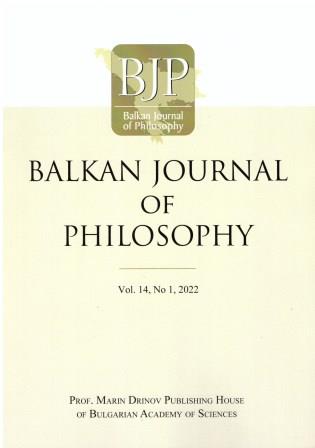Rationality of Wisdom-Inquiry and Redefining the Tasks of Universities
Rationality of Wisdom-Inquiry and Redefining the Tasks of Universities
Author(s): Peeter Müürsepp, Maria JakubikSubject(s): Philosophy, Ethics / Practical Philosophy, Special Branches of Philosophy, Philosophy of Science
Published by: Институт по философия и социология при БАН
Summary/Abstract: The article addresses the two sides of the work of Nicholas Maxwell – his criticism of science and his call to bring about a revolution in academia encouraging it to become much more effective in tackling the real problems humanity is facing. I would use: It focuses on the connection of these two aspects of Maxwell’s work and provides a critical analysis of Maxwell’s conceptual framework. It is argued here that the two sides of Maxwell’s whole conception are not necessarily connected, and do not have to be. Academia can be more effectively organized even without a change in our understanding of science. Maxwell has argued that academia has to aim at making wisdom rather than knowledge its goal. The knowledge-inquiry framework that currently prevails should be exchanged for wisdom inquiry. Maxwell has explained his understanding of wisdom in several publications, while not being fully consistent in his explanations of what wisdom-inquiry has to embrace. In addition, Maxwell’s original approach to rationality goes against traditional attitudes. Maxwell is definitely critical of the Enlightenment but his attitude to Romanticism remains unclear. Related to these, the article addresses the future tasks of universities.
Journal: Balkan Journal of Philosophy
- Issue Year: XIV/2022
- Issue No: 1
- Page Range: 41-52
- Page Count: 12
- Language: English
- Content File-PDF

